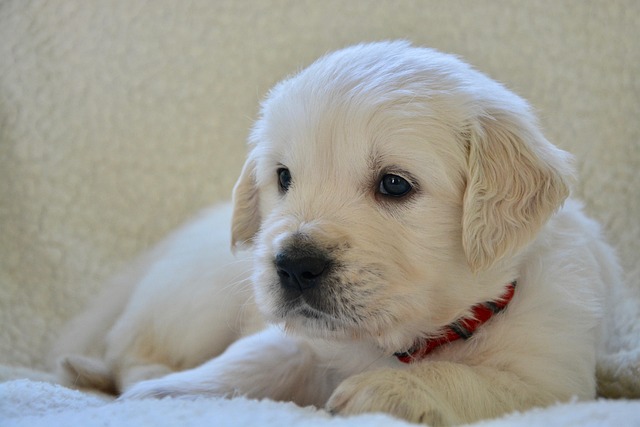
How do i train my dog to be obedient?
Watching your dog dart across the park ignoring your calls isn’t just frustrating—it can put them at risk near busy streets or public spaces.
The moment your new puppy wiggles its way into your heart, you naturally want to introduce them to the world, including other dogs. But the question of "when" is crucial, balancing their developmental needs with their physical safety. The absolute golden window for socialization is between 3 and 16 weeks of age. This is a prime neurological period where puppies are most receptive to new experiences, sounds, and sights. However, this also overlaps with a time when their immune system is still developing, creating what trainers call the "socialization dilemma." The old advice to wait until all vaccinations are complete at around 16-18 weeks is now considered outdated by most veterinary behaviorists, as it causes you to miss this critical window for building a confident, well-adjusted dog.
So, how do you navigate this? The key is to prioritize controlled safety over random exposure. Before your pup is fully vaccinated, socialization is about structured exposure, not free-for-all play. Your first and safest step is to host a "puppy party" at your own home. Invite a few friends with adult dogs you know to be healthy, calm, and fully vaccinated. This controlled environment allows for a positive first interaction. Another fantastic option is a well-run puppy socialization class hosted by a reputable trainer or vet clinic. These classes require proof of initial vaccinations and meticulously sanitize the environment, making them a safe space for puppies to learn bite inhibition and appropriate play signals under expert supervision. Think of it like a mom-and-baby group, but for canines.

This careful approach isn't just about health; it aligns with modern, force-free training ethics that are standard across the U.S. and Europe. The goal is to build positive associations, which means packing your pockets with high-value treats like boiled chicken. Reward your pup for calm behavior around other dogs at a distance during walks in your local park. If they see another dog and don't react fearfully, that's a win! This method of positive reinforcement is the cornerstone of responsible ownership, as methods based on intimidation or correction are not only culturally unacceptable but can also create leash reactivity and fear-based aggression. Remember, your responsibility extends to the community. Even on a quick socialization outing, you must carry poop bags. In most American municipalities, failing to clean up after your pet is a finable offense, and it’s a major point of etiquette among fellow dog owners.
For apartment dwellers in cities like New York or Chicago, this requires extra planning. Your lobby, elevator, and busy sidewalk are your puppy's first classrooms. Practice short sessions sitting on a bench outside, letting your pup watch the world go by from a comfortable distance. Always ask permission before allowing any interaction with a stranger’s dog, and be prepared to advocate for your puppy by politely declining if the situation seems overwhelming. The goal is to create a mosaic of positive, brief experiences that build up over time. By the time your vet gives the all-clear after the final round of shots, your puppy will have a solid foundation of confidence, allowing you to gradually expand their world to include dog parks and busy hiking trails, knowing you’ve set them up for a lifetime of happy, safe interactions.

Watching your dog dart across the park ignoring your calls isn’t just frustrating—it can put them at risk near busy streets or public spaces.

New puppy owners often find themselves rushing to clean up accidents before they set in, and that’s where puppy pad training becomes a game-changer.

If you've noticed your dog's waistline disappearing and your veterinarian has mentioned those few extra pounds, your first instinct might be to simply reduce the amount of food in their bowl.

Training a dog to use a designated spot indoors isn’t as daunting as many new owners fear, but it does take consistency and an understanding of your pet’s needs.

That moment of dread on a walk is all too familiar for many new dog owners. You see another dog approaching down the sidewalk of your neighborhood

If the sight of another dog on your neighborhood walk makes your heart sink as your own dog erupts into a frenzy of barking and lunging, you're not alone.